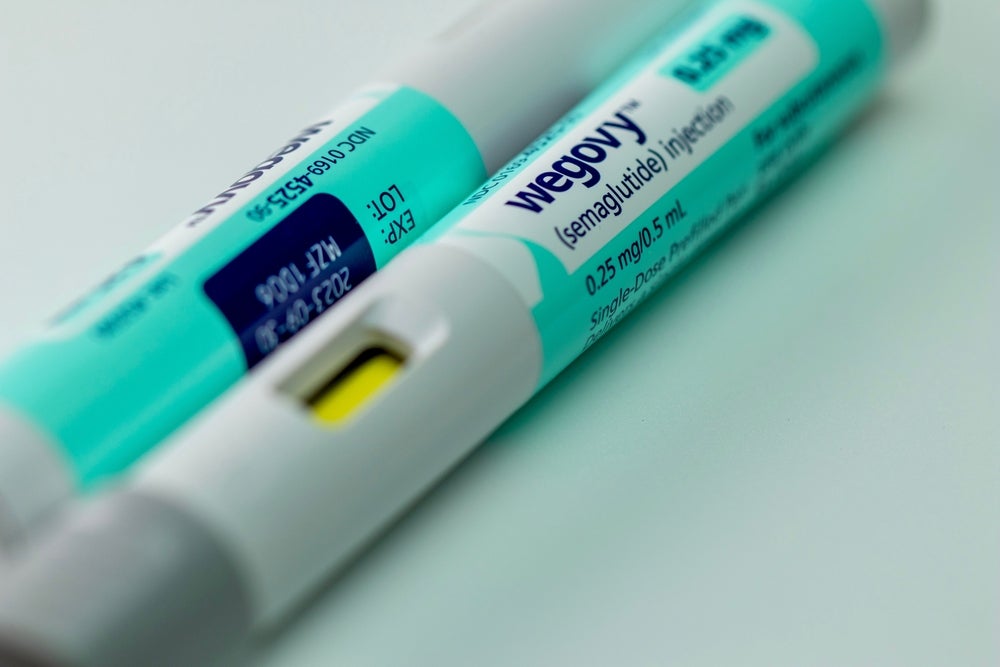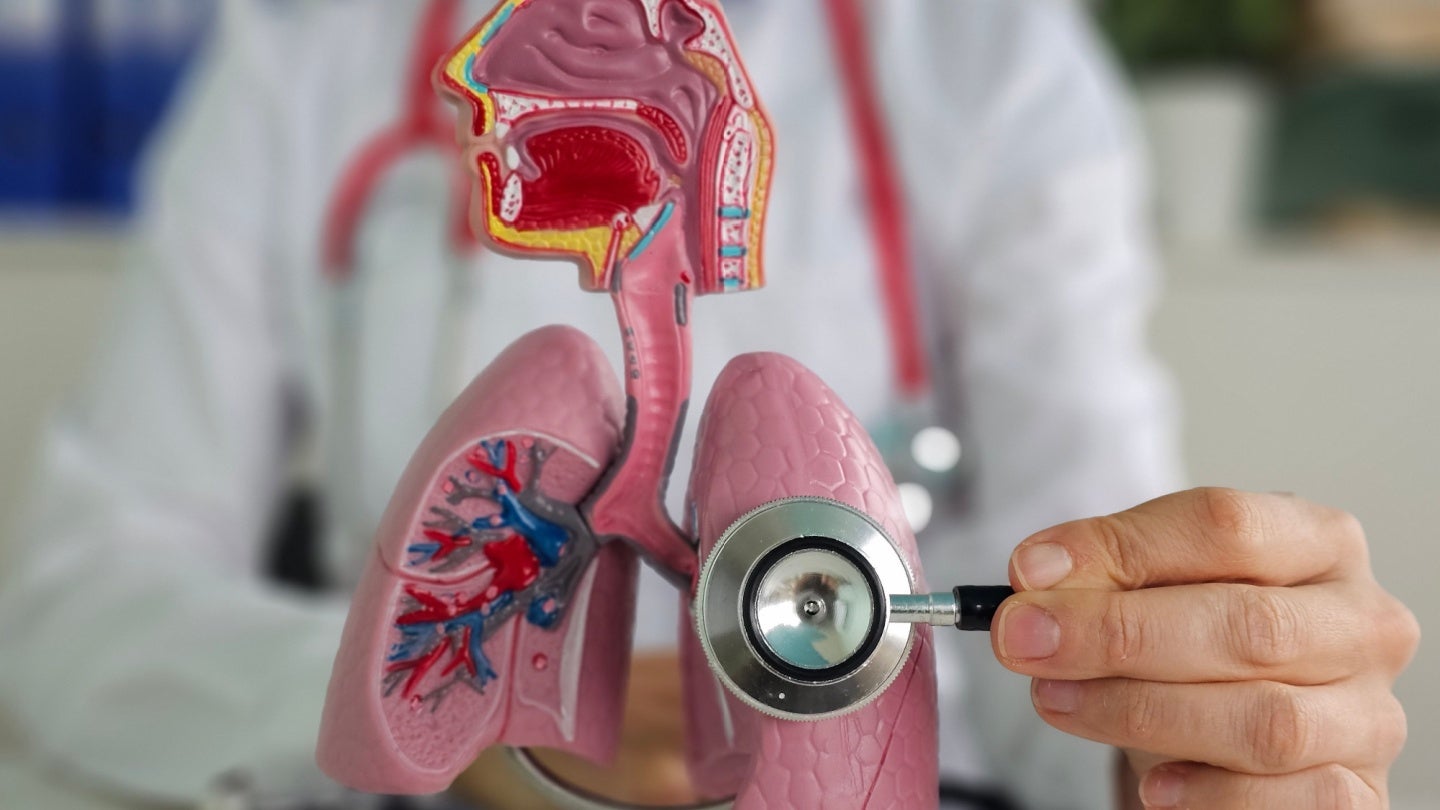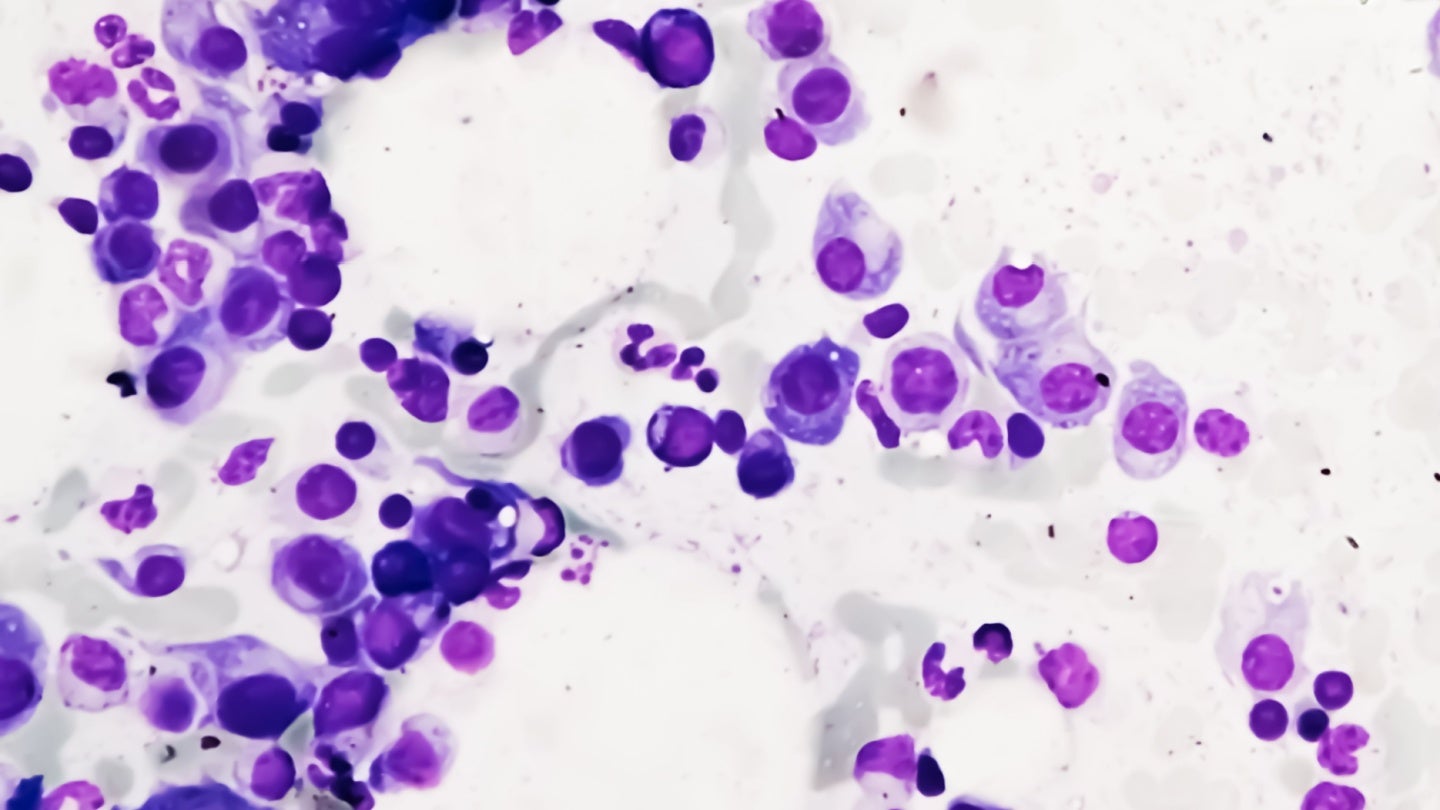GLP-1 Medications Linked to Fewer Surgical Complications in Diabetic Patients, Study Finds
Researchers at Weill Cornell Medicine, Columbia University Vagelos College of Physicians and Surgeons, and NewYork-Presbyterian have unveiled important findings about the impact of GLP-1 receptor agonist drugs, such as tirzepatide and semaglutide, on diabetic patients undergoing surgery. This pioneering study illustrates that these medications contribute to a significant decrease in postoperative complications, making a compelling […]


Researchers at Weill Cornell Medicine, Columbia University Vagelos College of Physicians and Surgeons, and NewYork-Presbyterian have unveiled important findings about the impact of GLP-1 receptor agonist drugs, such as tirzepatide and semaglutide, on diabetic patients undergoing surgery. This pioneering study illustrates that these medications contribute to a significant decrease in postoperative complications, making a compelling case for the consideration of using GLP-1 drugs in surgical patients who have diabetes.
In a comprehensive analysis published in the Annals of Surgery, the research team examined a sample of 74,425 surgical procedures performed on 21,772 patients with diabetes over a span of three-and-a-half years, concluding in July 2023. The findings revealed that diabetic patients on GLP-1 receptor agonists experienced a 12 percent reduction in the risk of being readmitted to the hospital within a month following surgery. This statistic emphasizes a favorable correlation between GLP-1 usage and lower rates of postoperative complications.
Additionally, the results indicate a staggering 29 percent decrease in the risk of wound re-opening within a six-month window after surgery for patients on GLP-1 medications. Furthermore, hematomas, which are accumulations of blood at the surgical site, were reported to occur 56 percent less frequently among those receiving GLP-1 drugs. These figures highlight the potential benefits of GLP-1 receptor agonists in not only managing diabetes but also enhancing surgical outcomes.
Dr. Jason Spector, the senior author of the study and head of the division of plastic and reconstructive surgery at Weill Cornell Medicine, expressed that the results challenge traditional views on the complications linked with GLP-1 drugs. “These findings from such a large patient cohort suggest that administering these medications does not exacerbate and may even mitigate the likelihood of postoperative issues,” Dr. Spector remarked. This statement underscores the potential shift in the surgical management of diabetic patients, advocating for a reassessment of treatment protocols involving GLP-1 receptor agonists.
Historically, GLP-1 drugs were introduced in the early 1990s for diabetes treatment, with their first market introduction occurring in 2005. By 2014, these medications gained FDA approval for obesity management. Understanding the pharmacological mechanisms of GLP-1 drugs elucidates why they might have unexpected benefits post-surgery. These agents activate the GLP-1 receptor in various cell types, prompting insulin release, thereby effectively lowering both blood sugar and appetite.
Dr. Spector, along with first author Dr. Seth Aschen, initiated this investigation to determine whether the rising use of GLP-1 medications among diabetic surgical patients correlated with increased or decreased complication risks. The analysis involved an extensive review of de-identified electronic health records from two major medical centers, focusing on surgical procedures spanning from February 2020 to July 2023.
The researchers meticulously recorded rates of 30-day hospital readmissions and four specific adverse surgical outcomes: wound re-opening, hematoma, bleeding, and infections. By employing a robust “propensity matching” analysis, the study aimed to pair patients employing GLP-1 drugs with those not using these medications but possessing similar clinical profiles. This methodology aimed to isolate the effects of GLP-1 drugs on surgical outcomes, ensuring the results reflect the medication’s impact rather than differences in baseline health status.
To their surprise, the research team observed that patients with diabetes taking GLP-1 drugs demonstrated a noteworthy reduction in hospital readmissions. These findings provide essential insights into the overall implications of diabetes management and surgical recovery strategies, suggesting that GLP-1 medications may play a vital role in improving surgical outcomes for diabetic patients.
In exploring post-surgical complications further, the results revealed that while rates of bleeding and infection remained consistent across both study groups, significant differences were noted concerning hematomas and wound complications. Specifically, following surgery, patients prescribed GLP-1 drugs experienced 71.1 percent of the risk represented by those without GLP-1 prescriptions for wound re-opening. In terms of hematoma formation, those on GLP-1 therapy faced only 44.0 percent of the risk compared to their counterparts.
The researchers propose that deciphering the underlying mechanisms by which GLP-1 drugs contribute to these positive postoperative outcomes remains an area ripe for future investigation. While the study initially presumed that improved blood sugar control might mediate benefits regarding wound healing, the data showed that patients receiving GLP-1 medications exhibited higher average blood glucose levels compared to non-users. Interestingly, alternative research has suggested that GLP-1 receptor agonists could have positive effects on healing by promoting angiogenesis, reducing inflammation, and preventing abnormal clotting.
As surgical practices evolve, Dr. Spector and his team are embarking on additional studies that will further explore whether GLP-1 drugs may correlate with enhanced recovery outcomes among non-diabetic surgical patients. Their pursuit of knowledge underscores a growing recognition of the interplay between diabetes management and surgical effectiveness, leading to a paradigm shift in approaches to treating and caring for diabetic individuals.
The results of this study not only highlight the significance of re-evaluating the utility of GLP-1 drugs within clinical practice but also emphasize the importance of comprehensive patient management strategies. The compelling data derived from a large population sets the groundwork for an integrative approach toward optimizing treatment plans for patients with diabetes undergoing various surgical procedures. Continued research could foster a framework that addresses both the pharmacological needs of diabetic patients and their safety and recovery following surgical interventions.
The implications of this study resonate far beyond the immediate findings, offering significant insights into how the evolving landscape of diabetes treatment can ultimately reshape surgical outcomes. As healthcare professionals engage with this emerging body of research, the focus may pivot towards innovative practices that not only drive clinical excellence but also enhance the quality of life for patients navigating the complexities of diabetes and surgical care.
With further investigations underway, the medical community remains poised to harness the full potential of GLP-1 receptor agonists, potentially leading to safer, more effective surgical experiences for individuals affected by diabetes. This study stands as a testament to the intricate relationship between pharmacotherapy and surgical recovery, urging a holistic approach to diabetes care that takes into account the multifaceted demands of surgical interventions.
In conclusion, emerging research like that undertaken by Dr. Spector and his colleagues underscores a crucial need for ongoing dialogue and inquiry around diabetes treatment and surgical strategies. As the field progresses, the commitment to improving patient outcomes remains paramount, reinforcing the imperative of integrating innovative therapeutic agents into clinical practice for the benefit of surgical patients with diabetes.
Subject of Research: Impact of GLP-1 receptor agonist drugs on postoperative complications in diabetic patients.
Article Title: GLP-1 Drugs Show Promise in Reducing Surgical Complications for Diabetic Patients
News Publication Date: December 20, 2023
Web References: Annals of Surgery
References:
Image Credits: Credit: Weill Cornell Medicine
Keywords: diabetes, surgical procedures, GLP-1 drugs, postoperative complications, wound healing, hospital readmission, hematoma, insulin, endocrinology, reconstructive surgery, clinical research, drug effects.
What's Your Reaction?

































